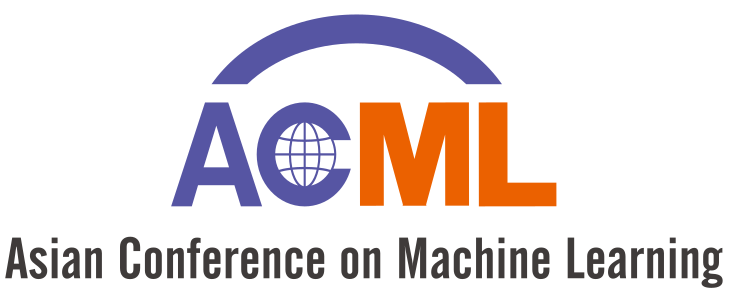
ΑΙhub.org
12th Asian Conference on Machine Learning

Last week saw the virtual running of the 12th Asian Conference on Machine Learning (ACML). The event had been due to be held in Thailand, but instead went online and the organisers decided to make all content freely available. You can watch all of the invited talks, tutorials, workshops, and video presentations of the contributed papers. Also, find out who won the conference awards.
Invited talks
There were four invited speakers:
Suriya Gunasekar (Microsoft Research, USA)
Rethinking the role of optimization in learning
This talk presented an overview of recent results towards understanding how we learn large capacity machine learning models. It also explored the role optimization algorithms, like (stochastic) gradient descent, play in learning overparameterized models in the simpler setting of learning linear predictors.
Alice Oh (KAIST, Korea)
Open domain dialogue response generation: models and evaluation metrics
This talk covered the important topic of dialogue response generation, with the open domain perspective, meaning the topics of the dialogues are not pre-specified. A new model (called Variable Hierarchical User-based Conversation Model) is described, which considers the previous dialogues among users, as well as their social network connections.
Lee Wee Sun (National University of Singapore, Singapore)
Neuralizing algorithms
This talk considered approximation algorithms, and described work to augment them with learnable components to allow learning of more powerful approximation algorithms that are then tuned to work on the target problem distribution. This was demonstrated by use of a Factor Graph Neural Network.
Chidchanok Lursinsap (Chulalongkorn University, Thailand)
Fast and accurate neural learning with limited memory size, limited energy supply, and class drift constraints in streaming data environment
This talk discussed a new concept of neural learning, the supporting architecture, and the relevant theoretical foundation to achieve an efficient leaning process with high accuracy under the constraints of memory overflow and controllable polynomial time complexity.
Tutorials
There were five tutorials. You can watch the videos and link to the dedicated tutorial pages below.
Optimization methods for ML
Organiser: Haimonti Dutta, University of Buffalo
Video
Tutorial webpage
Recent advances in Bayesian optimization
Organiser: Vu Nguyen, University of Oxford
Video
Tutorial webpage
Towards neural architecture search: challenges and solutions
Organiser: Xiaojun Chang, Monash University
Video
Tutorial webpage
Forecasting for data scientists
Organiser: Christoph Bergmeir, Monash University
Video
Tutorial webpage
Tensor networks in machine learning: recent advances and frontiers
Organiser: Qibin Zhao, RIKEN AIP
Video
Tutorial webpage
Workshops
Weakly-supervised representation learning
The focus of this workshop was five types of weak supervision: incomplete supervision, inexact supervision, inaccurate supervision, cross-domain supervision and imperfect demonstration.
Machine learning in Thailand
This workshop was designed to survey the state of ML applications and research in Thailand and neighbouring countries in South East Asia.
Papers
You can access the contributed papers here. For each one there is a video presentation and pdf of the article.
Awards
Best paper award
A one-step approach to covariate shift adaptation
Tianyi Zhang (The University of Tokyo)
Ikko Yamane (Université Paris Dauphine – PSL/RIKEN)
Nan Lu (The University of Tokyo)
Masashi Sugiyama (RIKEN/The University of Tokyo)
Best student paper award
Partially observable Markov decision process modelling for assessing hierarchies
Weipeng Huang (Insight Centre for Data Analytics, University College Dublin)
Guangyuan Piao (Maynooth University)
Raul Moreno (Insight Centre for Data Analytics, University College Dublin)
Neil Joseph Hurley (University College Dublin)
Distinguished contribution award
This prize is awarded to someone who has contributed significantly to promote machine learning in the geo-regions covered by ACML. This year the award went to:
Thomas G. Dietterich (Oregon State University)
Professor Dietterich was a founding member of the steering committee of ACML, and his acceptance speech for the award can be found here.










